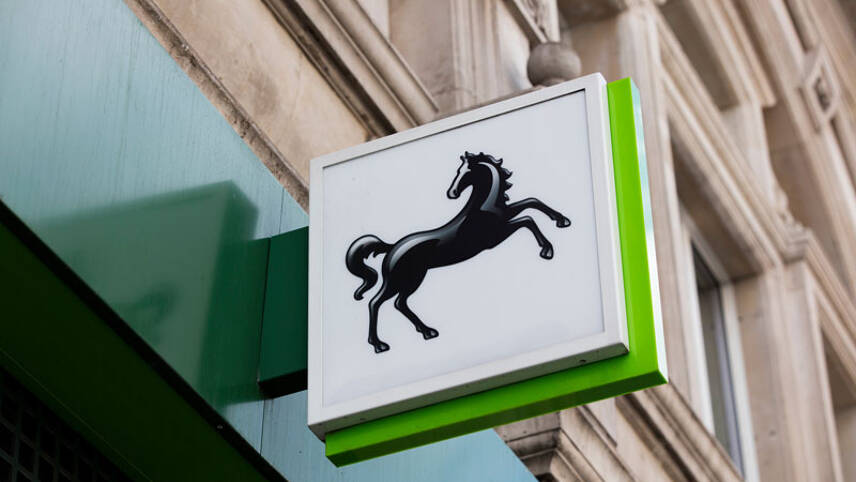Register for free and continue reading
Join our growing army of changemakers and get unlimited access to our premium content

The partnership involves a £250,000 donation from Lloyds Banking Group.
The partnership involves a £250,000 donation from Lloyds Banking Group, split between three nature recovery projects endorsed by Department for Environment, Food & Rural Affairs (Defra), Natural England and the Environment Agency (EA).
These projects aim to address national nature recovery priorities, including flood management, wildlife corridors and regenerative agriculture, while involving local communities.
Lloyds Banking Group’s chief sustainability officer Andrew Walton said: “The UK ranks among the most nature-depleted countries globally, highlighting the pressing need for collective action.
“As the UK’s largest financial services provider, we recognise the crucial role we must play in tackling the loss of nature to ensure a more resilient and thriving natural environment for the future.
“Becoming a founding partner of Projects for Nature will enable us to make a tangible difference to combating nature loss in communities across England.”
The three nature restoration projects
One of the key initiatives funded by the partnership, named “Weald to Waves,” aims to create a 100-mile nature recovery corridor connecting more than 20,000 hectares of habitats along three main rivers in Sussex to the coast.
Collaborating with the Knepp Wildland Foundation, this project seeks to boost biodiversity, reduce flooding, capture carbon and enhance the rural economy.
In Cumbria, the “Resilient Glenderamackin” project, led by the West Cumbria Rivers Trust, focuses on implementing nature-based solutions to reduce flood risk
Co-designed with farmers and land managers, interventions such as re-wiggling rivers, tree planting and wetland restoration will be employed across 11,000 hectares, with the support of local stakeholders.
Additionally, the National Trust’s “Peak District – Nature Recovery at Dalehead” project aims to establish more trees, healthy peatlands and thriving wetlands and grasslands in the High Peak.
Working closely with partners and tenant farmers, the initiative will improve soil health, water quality and increase resilience in a changing climate. The funding will specifically support the restoration of 2.6 kilometres of wetland, nestled between the iconic landmarks of Mam Tor and Kinder Scout.
By participating in these nature-based solutions, Lloyds seeks to gain valuable insights into commercial risk management and environmental benefits.


Please login or Register to leave a comment.